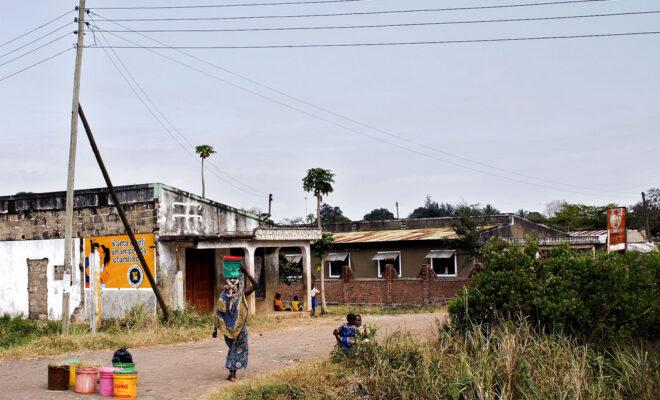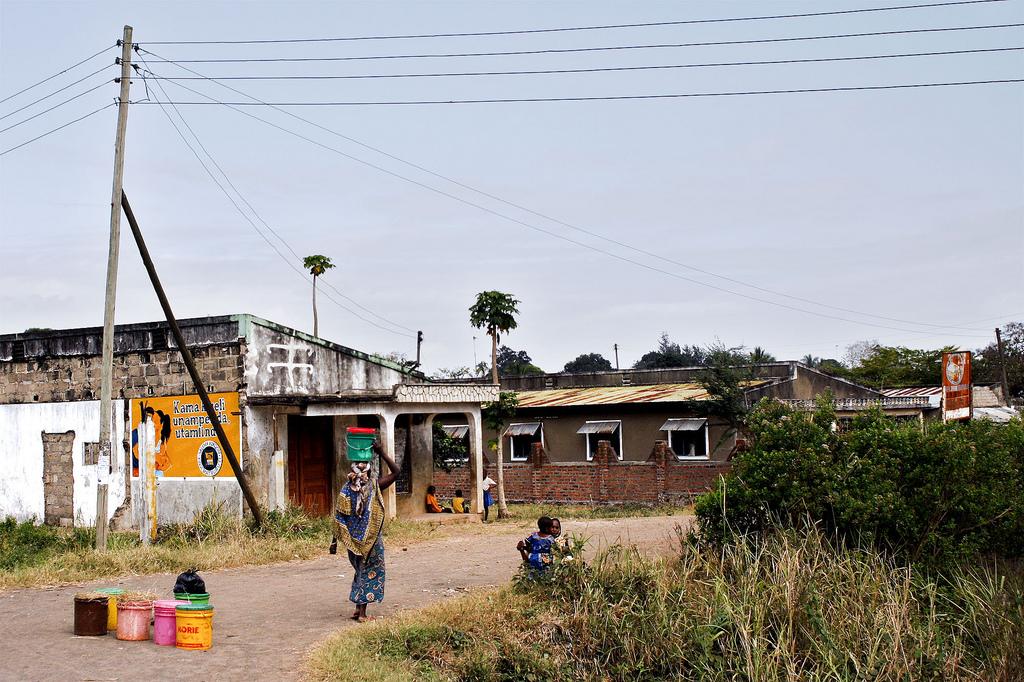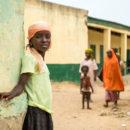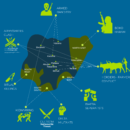Insiders Insight: Is Tanzania reverting to a one-party state?


Credit: César González Palomo.
African Arguments is and always will be freely-accessible to everyone.
But we also have a separate spin-off product called the Insiders Newsletter. It consists of weekly emails with additional snappy insights on topics such as elections, conflict, health and more. It’s for those who want a bit extra and comes with a small subscription fee: $10/month ($15 if you want to be a generous “supporter”) or $100/year ($150 for supporters).
The income from the Insiders Newsletter goes towards keeping African Arguments, and all its free content, going.
Each week, we publish the table of contents and a free segment from the Insiders Newsletter on African Arguments:
Click here to SUBSCRIBE.
Table of contents:
- The follow-up [where we give quick updates on issues previously covered]
- Sudan’s regime reaches out to protesters
- A new address for Gbagbo
- What everyone is talking about [examining a headline development]
- Is Tanzania reverting to a one-party state?
- Conflict Focus [the latest on a major conflict]
- The Boko Haram Insurgency
- Health Corner [highlighting an important health or nutrition development]
- Mental health services missing
- Hear this word [showcasing a gender issue]
- Why is it a woman’s job to wait for the doctor?
- What else? [the best articles from elsewhere]
Free segment: What everyone is talking about
Is Tanzania reverting to a one-party state?
The essentials: Tanzania looks to be returning to its single-party roots. The country’s parliament gave a new government registrar sweeping powers not only to de-register political parties, but to jail people for political activities that are deemed unauthorised. That could easily be construed to mean registering voters or competing in elections against the ruling party.
The background: Tanzania introduced multi-party democracy in 1992, though the party in power at the time — Chama Cha Mapinduzi — has never lost its hold on the presidency. But President John Magufuli, who won with nearly 60 percent of the vote in 2015, looks to be ensuring his victory in next year’s election with new policies that will make it easier to marginalise any opposition that emerges to his rule.
Magufuli has been drastically cutting back on political and civil rights since taking office. His administration has orchestrated crackdowns against the LGBTQ community and other sexual minorities, restricted civil society groups, made it untenably expensive for the media to operate, and he has taken steps to ban political demonstrations. This registrar appears to be the latest in his increasingly autocratic campaign to ensure total control of Tanzania.
The good: For Magufuli and the ruling CCM there are obvious benefits, as this change likely paves the way for their continued control of government for five more years. At the same time, it might bolster an opposition that has been growing since Magufuli took office — though removing any electoral outlet for that frustration.
The bad: And that, of course, is the danger. An increasingly frustrated populace that has no lawful outlet for expressing their discontent with the growing repression.
The future: The question will be with how heavy a hand the registrar — and, by extension, the ruling party — wield their new power? If any opposition attempts to contest the vote are squashed, it could transform growing resentment into a political crisis. If Magufuli is a bit more deft, though, he may not win any fans, while still having enough to ensure a new term.
- Tanzania MPs grant government sweeping powers over political parties (Reuters)
- Opinion: Is Tanzania moving toward totalitarianism? (Paradigm Initiative)
- Background: 20 years of multi-party politics in Tanzania (Daily News)
- Magufuli: I have never banned political rallies (The Citizen)
- Analysis: Magufuli has steadily tightened the noose on media freedom (The Conversation)
Discuss with @_andrew_green on Twitter
Click here to SUBSCRIBE.






